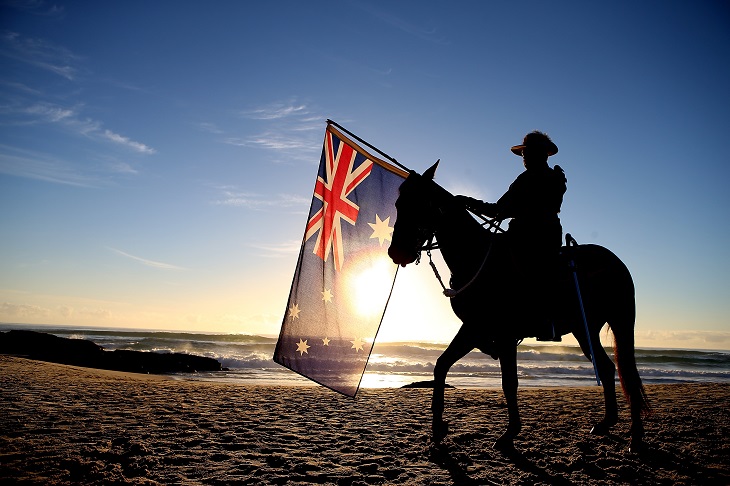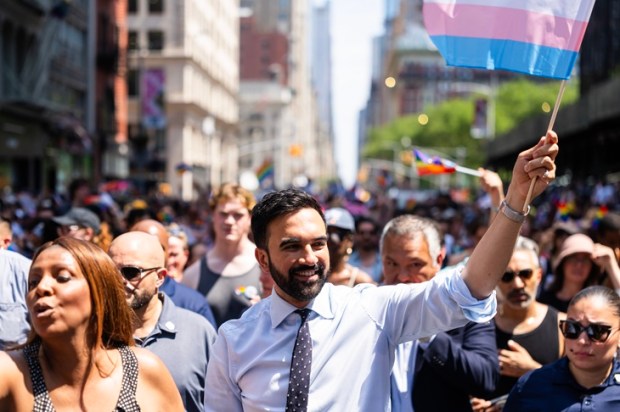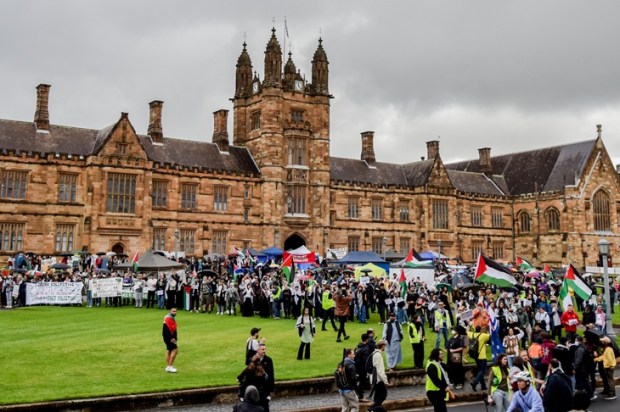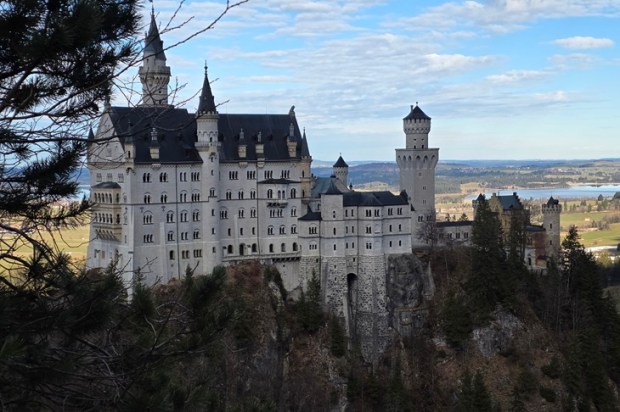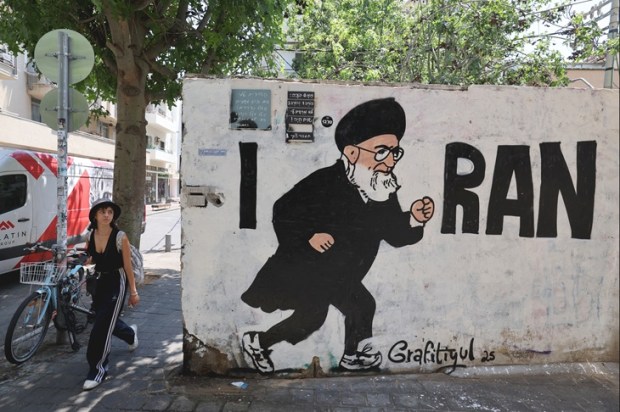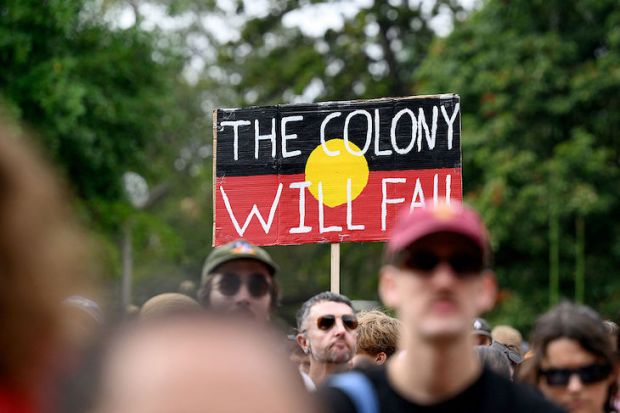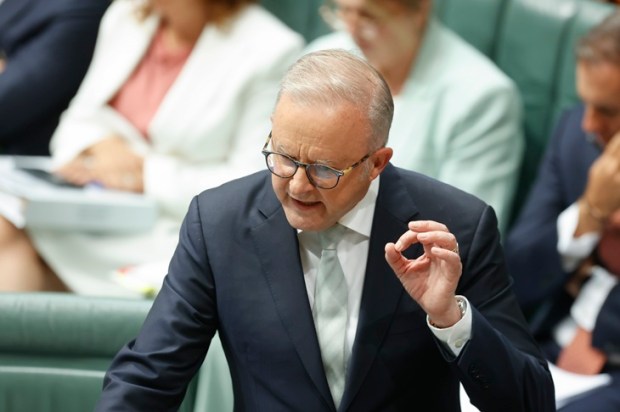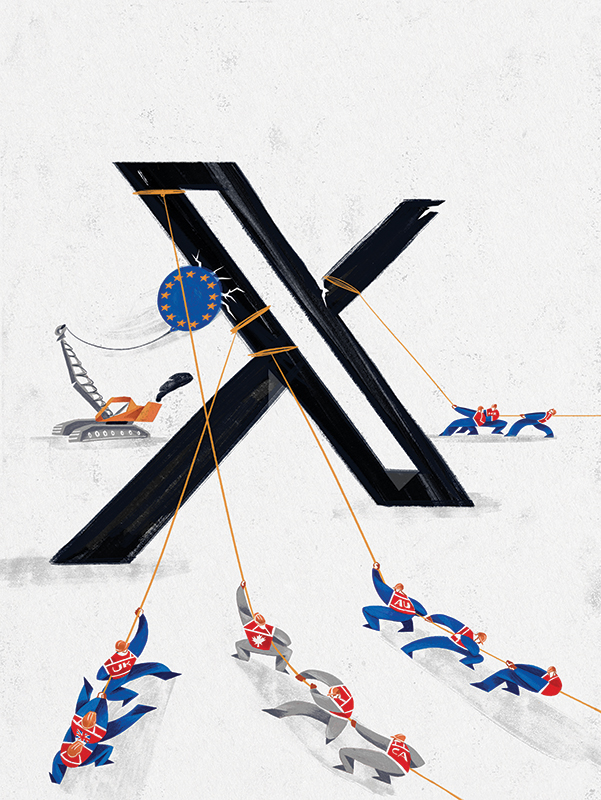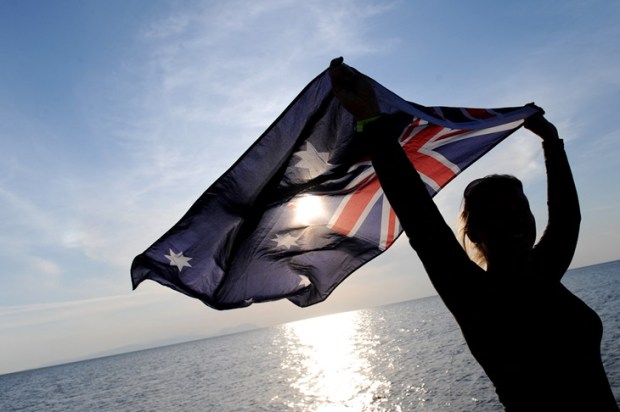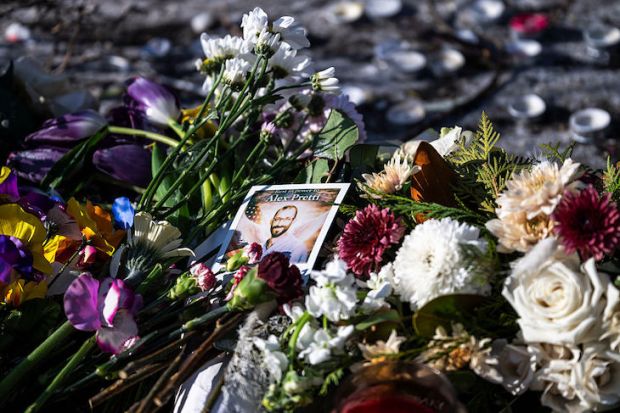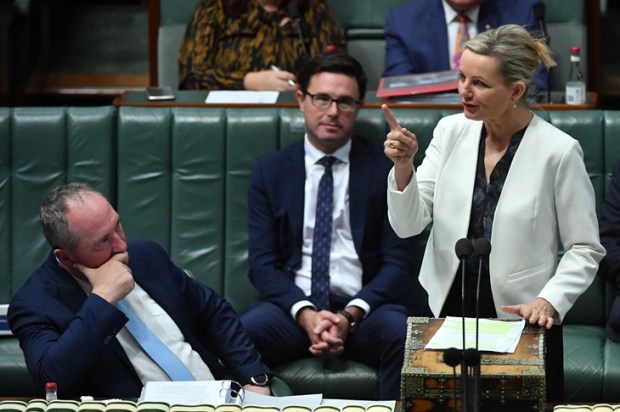Fearless sons and daughters of Anzacs, today we commemorate the landing of the Australian and New Zealand Army Corps at Gallipoli 109 years ago. We also honour those who gave their lives in service to Australia in times of war. Anzac Day has come to represent the spirit of the Australian national identity, in both myth and deed. We speak in revered tones of those who sacrificed their lives to protect our way of life. But do we know why?
After many decades of relative peace and prosperity, commemorating a failed military operation from over a century ago might seem like an anachronism. Indeed, some in our community wish to unravel our national identity that was forged at Gallipoli, at Tobruk, on the Kokoda Track, at Kapyong, at Long Tan, or more recently in Somalia, Rwanda, East Timor, Iraq, and Afghanistan.
Like Anzac Day, our national identity has evolved. In all parts of Australia and even overseas, Australians gather to remember the fallen, to honour the sacrifice of the dead, and to honour those who have served and continue to serve our nation.
What is it that we are honouring?
The torch; be yours to hold it high.
If ye break faith with us who die.
But what torch? And faith in what?
If you want peace, prepare for war. History proves that appeasement does not work. No amount of utopian thinking will change this fact.
The men and women of the Australian Defence Force give up their youth to prepare for war.
You may envy them, for, ‘Every [person] thinks meanly of [themselves] for not having been a soldier, or not having been at sea.’
But do not despair. You have inside you the blood of Anzacs. Their torch is yours for the taking. But you must not break their faith.
That faith, however, is not found in a particular type of worship. It is faith in an idea.
When we refer to ‘our way of life’, we skirt around that idea without knowing what it is specifically. We know intuitively, but like ‘Australian values’ and other vague terms, it tends to be acknowledged with a nod and a wink rather than a clear picture of what it means.
And as we enjoy our easy-going lifestyles, it is easy to forget the contribution Australians have made to this vague idea that our men and women of the Australian Defence Force risk their lives for every day.
I had the privilege of visiting the site of the Battle of Kapyong last year with my partner, Eliza, and my two friends, both colonels, one American and the other Korean. They served together for many years on the DMZ between North and South Korea. It is on the frontier of democracy that the idea we defend becomes obvious.
As we stood at the British Commonwealth Memorial, Eliza went to take a photo of the three of us. From the other side of the road, a Korean woman called out, ‘I will take the photo!’ She put down her grocery bags, gestured to Eliza to join us, took the photo, bowed, said ‘thank you for your service’, and went on her way.
Similarly, a serving Korean general said to me, ‘Thank you for your service, and for the 340 Australians who lost their lives so that we could create this,’ as he gestured toward Seoul’s metropolis. ‘I hope what we have done here honours their sacrifice.’
Koreans know exactly what it means to defend one’s way of life and they honour Australia’s contribution.
From the time of the Malayan Emergency until the end of Australia’s involvement in the Vietnam War, Australia had to become self-reliant. National Service ensured that enough military personnel were available to defend Australia’s interests abroad.
We find ourselves in a similar position today where we are struggling to find enough volunteers to serve in our military forces. Now is not the time to be complacent.
And while some in our community may not see the point in military service, those at the frontiers of democracy know only too well how important it is for Australia to play its part in international affairs.
Our South Korean allies are technically still at war with North Korea. The uneasy ceasefire is sustained by some 11 divisions of South Korean soldiers stationed on the DMZ. To put that in perspective, Australia’s entire Army has only the bare bones of two divisions.
At the frontiers of democracy, which include Korea, Taiwan, Israel, and Ukraine, compulsory military service is essential to the survival of the very idea that Anzac Day represents.
That idea is freedom. It is freedom from tyranny. It is the freedom to choose one’s elected representatives. It is freedom of speech, freedom of thought, and freedom of movement. It is the freedom to criticise one’s government. It is the freedom to debate and contest ideas.
But that freedom is fickle. If we fail to actualise our freedoms, it can become a case of ‘use it or lose it’.
But there is another idea that we have lost of late. As the contest of ideas has intensified, we have become so focused on individual freedoms in the extreme that we have forgotten the very concept of ‘the common good’.
For me, the Anzac spirit epitomises the idea of ‘the common good’.
Individual freedoms allow us to act in accordance with our nature, to pursue our life’s purpose with such passion and intensity that we contribute to the common good rather than take away from it.
Individual freedom allows us to make decisions about our own welfare, and to look after ourselves thus alleviating any burden on others. By taking care of our own responsibilities, we free up resources to take care of those who cannot fend for themselves.
We become lifters and not leaners.
The Anzac larrikin represents the individual, while the Anzac spirit of mateship represents the common good.
Any criticism of the larrikin and mateship as a representation of an Anglo male-dominated society belies the make-up of the Australian Defence Force today: multicultural, male, female, and transgender. Australians all; serving together and for the common good.
It is a mistake to decry the foundations of the Anzac legend. It enabled the rights and freedoms that we enjoy today. And it has evolved along with us.
The torch we take up is an idea about how we wish to live. The faith our forebears had was that we would carry this idea into the future. That original spirit forged at Gallipoli is ours for the taking.
What we choose to do with it is up to us.
Fearless sons and daughters of Anzacs, as we move into an uncertain future, carry the torch. Keep the faith. But we must choose wisely.
Lest we forget.


